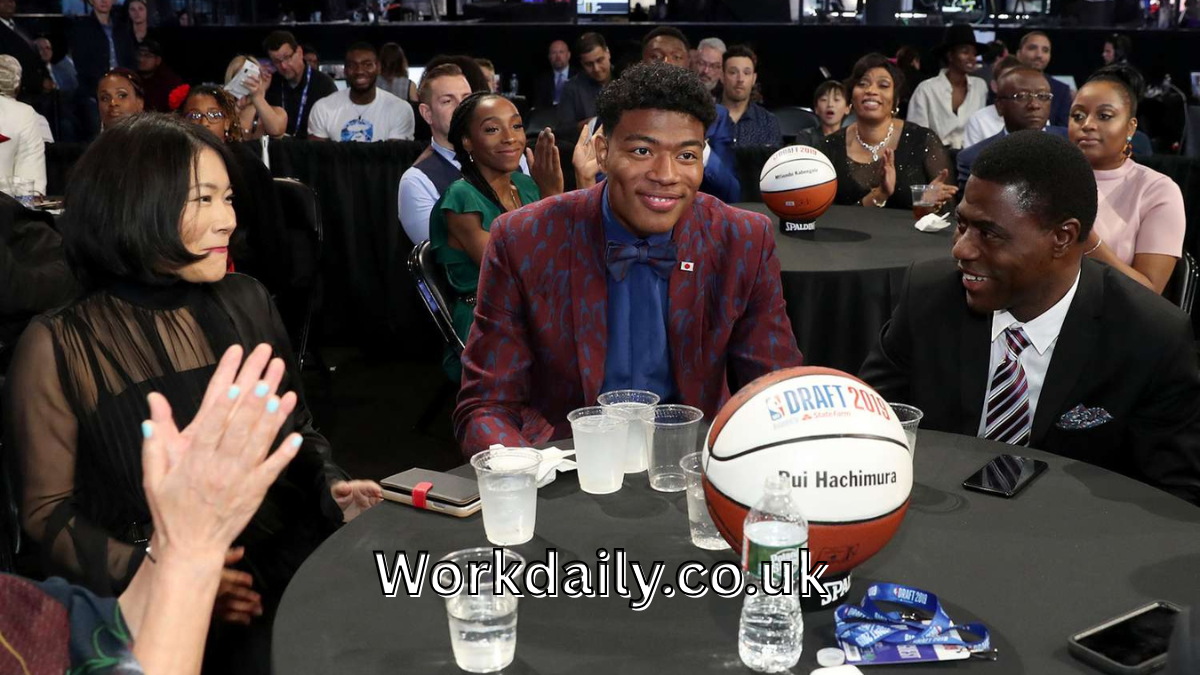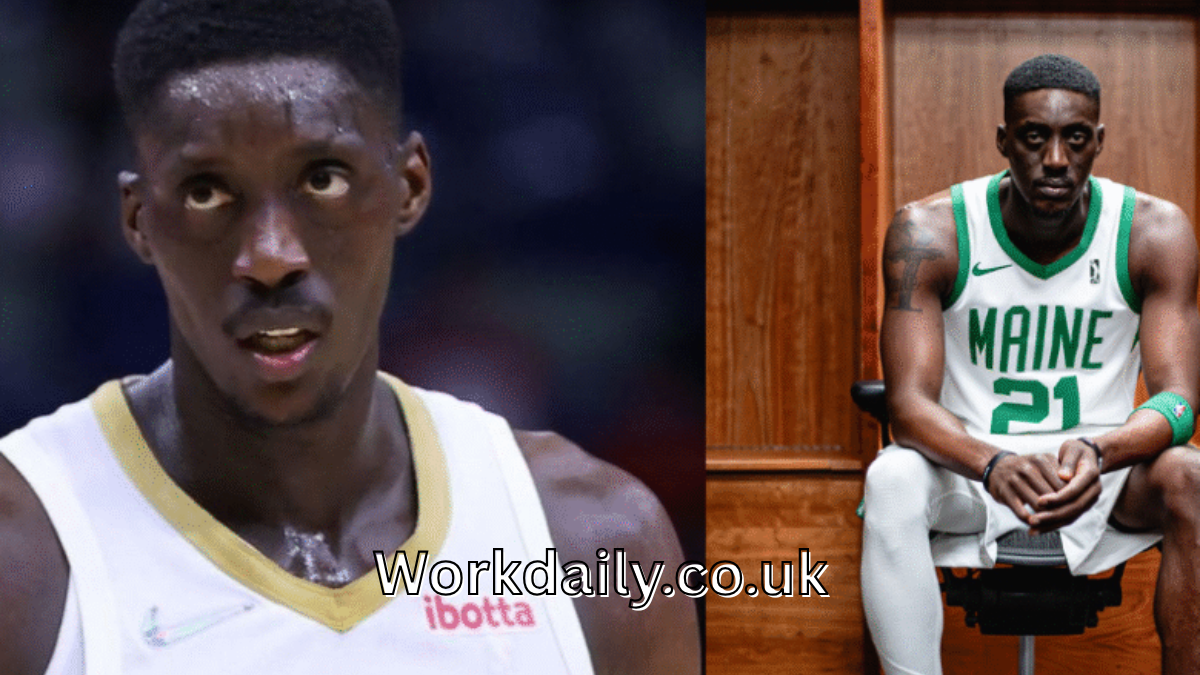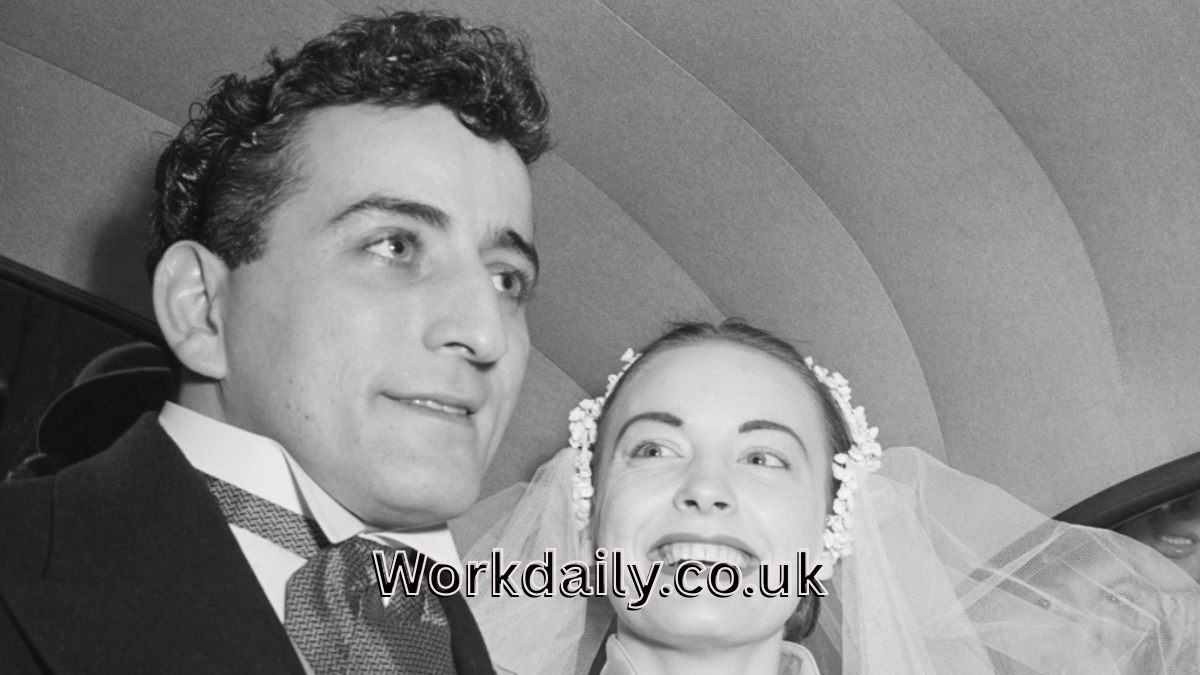In the ever-curious world of celebrity Amina Hachimura culture, family members of public figures often find themselves inadvertently thrust into the limelight. Such is the case with Amina Hachimura, the sister of Japanese NBA star Rui Hachimura. Despite being related to a world-famous basketball player, Amina has maintained a notably low profile, leading fans and media outlets to speculate and wonder about her personal life, career, and identity.
Amina represents a modern mystery someone closely connected to fame yet determined to preserve her privacy. With Rui’s increasing global presence in the NBA, particularly after joining the Los Angeles Lakers, public interest in his family has skyrocketed. As a result, Amina’s name frequently surfaces in online searches, prompting many to ask: Who is Amina Hachimura, and why is she such a guarded figure in the public domain?
This article dives deep into everything we know (and don’t know) about Amina Hachimura. From her early life to her relationship with her famous brother, cultural background, education, and more we’ll explore the facts behind the mystery while respecting the boundaries she seems to value. Let’s unravel the enigma of Amina Hachimura.
Who Is Amina Hachimura?
Amina Hachimura is best known as the younger sister of Rui Hachimura, the first Japanese player to be selected in the first round of the NBA draft. While Rui’s name is recognized in sports circles worldwide, Amina Hachimura has chosen a quieter existence, away from cameras and crowds. This deliberate choice has only heightened public curiosity about her life.
From limited available sources, Amina appears to be intelligent, grounded, and deeply family-oriented. She doesn’t maintain a public persona, nor has she given any interviews or made formal public statements about her brother’s career or her own life. This lack of media exposure fuels speculation but also serves as a testament to her commitment to living life on her own terms.
In a world where social media defines visibility and status, Amina Hachimura elusive nature is both rare and refreshing. It seems she prefers to support her brother privately rather than leverage his fame for attention or personal gain. That quiet strength is admirable and adds depth to her identity beyond just being “Rui’s sister.”
Early Life and Background
Amina Hachimura was born and raised in Toyama, Japan, a city nestled between the Sea of Japan and the Japanese Alps. Like her brother, she was raised in a multicultural household her father is Beninese, and her mother is Japanese. This blend of cultures shaped not only her identity but also how she navigates the world, combining traditional Japanese values with African heritage.
Growing up in a bi-racial family in Japan can be challenging due to the country’s largely homogenous society. Both Amina and Rui likely faced societal pressures and cultural hurdles, which could explain Amina’s reserved approach to public life. It’s reasonable to assume her early life was spent in a supportive, close-knit family environment that prioritized education, discipline, and respect for others.
Her upbringing may have fostered a deep sense of introspection and self-awareness qualities that seem evident in her decision to Amina Hachimura remain private despite having a famous sibling. Whether she was academically inclined, artistically gifted, or athletically involved during her school years remains unknown, but her grounded presence suggests a well-rounded character built on strong values and familial support.
Family Ties: The Hachimura Legacy
The Amina Hachimura family is unique in the Japanese social landscape. With a Beninese father and Japanese mother, their household was a melting pot of diverse traditions, languages, and worldviews. This multicultural dynamic no doubt played a role in shaping the personalities of both Amina and Rui. Their parents are known to be supportive, particularly in encouraging education and personal growth.
While Rui went on to become a global sports sensation, Amina’s role within the family remains that of a pillar of support. She’s often mentioned in passing during interviews with Rui, who speaks highly of his family’s influence on his development. Although Amina hasn’t stepped into the spotlight, her importance within the Hachimura family structure is evident.
Being the sibling of a public figure can bring both opportunities and challenges. From what little is known, Amina has chosen to embrace the role of a private supporter rather than seeking fame herself. Her decision reflects maturity and perhaps a recognition that not every family member needs to share the same path even in a world obsessed with celebrity.
Relationship with Rui Hachimura
The bond between Amina and Rui Hachimura appears to be strong, even if it’s rarely displayed publicly. Rui often credits his family particularly his mother and siblings for being his anchor as he navigated life in Japan and eventually in the United States. While Rui’s success has been closely followed, Amina’s contributions as a supportive sibling are often unspoken yet impactful.
Though there are very few public photos or statements featuring the siblings together, insiders suggest that Amina has always been one of Rui’s biggest cheerleaders. This kind of sibling relationship, rooted in love and mutual respect, serves as a foundation for Rui’s mental strength on and off the court. Behind every athlete is a network of support, and Amina plays that silent but significant role in Rui’s life.
Unlike some celebrity siblings who try to ride the coattails of their family’s fame, Amina appears to shun the limelight altogether. That makes their relationship even more special it’s authentic and not driven by public validation. Their bond represents the power of family in a world where fame can often complicate personal relationships.
Cultural Identity and Ethnicity
Amina’s multicultural heritage is central to her identity. As a half-Japanese, half-Beninese individual, she represents a demographic that is still relatively small in Japan. This unique background likely exposed her to both challenges and rich experiences, shaping how she views herself and interacts with the world.
Japan, traditionally a monoethnic society, has only recently begun to embrace multiculturalism. Children of mixed heritage, known in Japan as “hāfu” (a term that has both positive and negative connotations), often face identity struggles and societal pressure. Amina’s journey growing up in such an environment is likely marked by the effort to balance two distinct cultural lineages.
This dual heritage also brings strength an ability to navigate multiple perspectives and thrive in diverse environments. Amina’s upbringing would have instilled resilience, empathy, and adaptability, qualities that could serve her well in any career or personal endeavor she chooses. In a sense, Amina is a quiet ambassador of cultural integration in modern Japan.
Conclusion
Amina Hachimura may not be a celebrity in the conventional sense, but her story is one of grace, strength, and deliberate choice. While the world remains curious about her life, Amina has shown that it’s entirely possible to remain grounded despite proximity to fame. Her silence isn’t an absence it’s a statement. Amina reminds us that not every story needs to be shouted to be meaningful.
By choosing to stay private, Amina has carved out her own identity, separate from the fame of her brother. She represents a different kind of role model one who values personal peace over public recognition. In doing so, she has become an unsung pillar in Rui Hachimura’s journey, and a figure of quiet strength in today’s fame-hungry culture.




